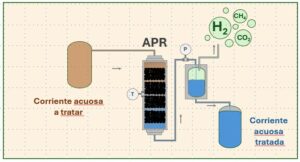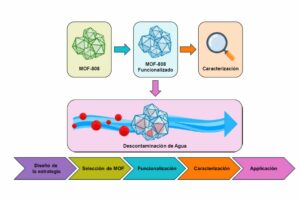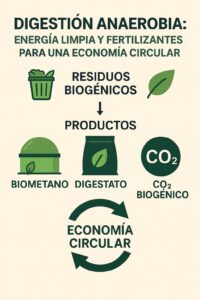![]()
Checking the actual sustainability of renewables: Results from the SuReTool project
Authors: J. Dufour, D. Iribarren, M. Martín-Gamboa, D. García-Gusano (Instituto IMDEA Energía)
Future implementation of both conventional and new renewable energy technologies will inevitably result in a substantial increment in the number of plants and facilities deployed. Research into the social implications, the environmental performance and the economic balance of this step-change in technology deployment is required to ensure that the evolving energy system is actually sustainable. In this respect, the research project SuReTool (“Checking the actual sustainability of renewables – Developing of new tools”) has led to the development of novel methodological frameworks and decision-making tools oriented towards the sustainability assessment of energy systems. This project, framed within the EEA/NILS Science and Sustainability programme, was carried out from July 2014 to November 2015 through the exchange of researchers between the IMDEA Energy Institute (Spain) and the Institute for Energy Technology (IFE, Norway). Within the SuReTool project, the scientific activity succeeded in integrating life-cycle indicators into energy system optimisation models, while developing an interactive process between energy system modelling and sustainability assessment to support decision-making about renewables. This means relevant methodological advances in the hybridisation of Energy Systems Modelling and Life Cycle Assessment. In particular, a robust framework for the soft-linking of Life Cycle Assessment and TIMES/LEAP was developed and applied to the case study of national power generation. Furthermore, a decision-making tool oriented towards energy policy-makers and stakeholders was developed. Key scientific results from this project can be found in the scientific literature [1]. Finally, the most relevant outcomes of the project will be presented during the SETAC Europe 26th Annual Meeting (France, 22-26 May 2016) and the 3rd Symposium of the Spanish Excellence Network esLCA (Spain, 2016).
—————————————————————
La futura implementación de tecnologías energéticas convencionales y renovables conllevará, inevitablemente, un incremento en el número de plantas e instalaciones desplegadas. Por ello, con el objetivo de asegurar una evolución sostenible del sistema energético, se necesita investigar sobre las implicaciones sociales, ambientales y económicas que supone esta implementación. En este sentido, el proyecto de investigación SuReTool (“Checking the actual sustainability of renewables – Developing of new tools”) ha conducido al desarrollo de novedosas soluciones metodológicas y herramientas de toma de decisión orientadas al análisis de sostenibilidad de sistemas energéticos. Este proyecto, enmarcado dentro del programa EEA/NILS Science and Sustainability, se llevó a cabo desde julio de 2014 hasta noviembre de 2015 mediante el intercambio de investigadores entre el Instituto IMDEA Energía (España) y el Institute for Energy Technology (IFE, Noruega). En el proyecto SuReTool, la actividad científica condujo a la integración de indicadores del ciclo de vida en modelos energéticos y al desarrollo de un proceso de interacción entre modelización energética y análisis de sostenibilidad para apoyar la toma de decisiones en materia de energías renovables. Esto se tradujo en importantes avances metodológicos en cuanto a la hibridación de Modelización Energética y Análisis del Ciclo de Vida. En particular, se estableció un marco metodológico robusto para el soft-linking de Análisis del Ciclo de Vida y TIMES/LEAP, aplicándolo al caso de estudio de generación eléctrica a nivel nacional. Además, se desarrolló una herramienta de toma de decisiones para su uso potencial por parte de políticos y grupos de interés en el campo de la energía. Resultados científicos clave obtenidos en este proyecto se encuentran ya publicados [1]. Además, los resultados más relevantes del proyecto se presentarán en el congreso internacional “SETAC Europe 26th Annual Meeting” (Francia, 22-26 Mayo 2016) y en el III Simposio de la Red Española de Excelencia esLCA (España, 2016).
—————————————————————
“Supported by a grant from Iceland, Liechtenstein and Norway through the EEA Financial Mechanism. Operated by Universidad Complutense de Madrid”.
References [1] D. García-Gusano, D. Iribarren, M. Martín-Gamboa, J. Dufour, K. Espegren, A. Lind. “Integration of life-cycle indicators into energy optimisation models: The case study of power generation in Norway”. Journal of Cleaner Production 2016, 112: 2693-2696.




